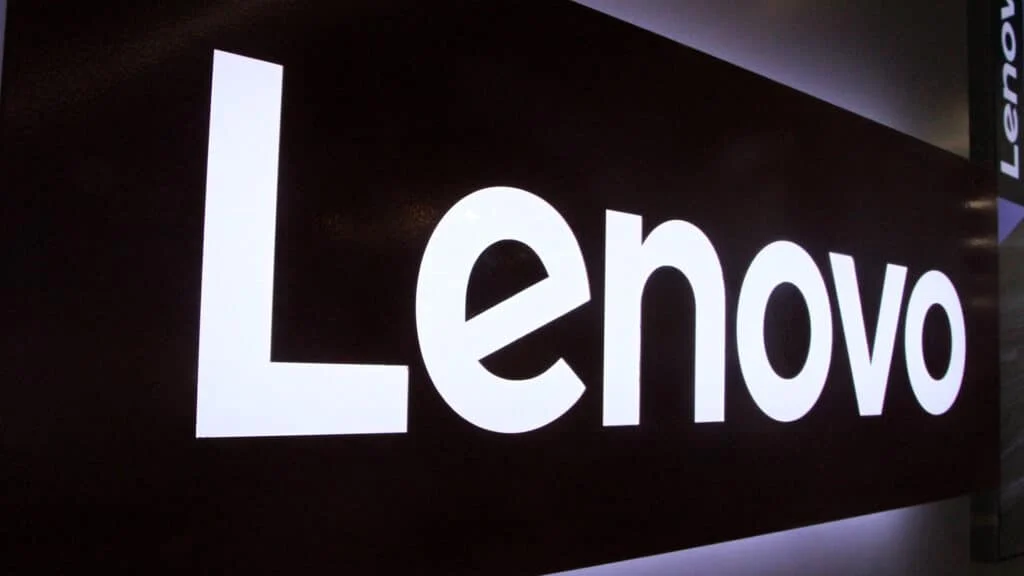The News: Mirantis at KubeCon North America announced enterprise support for its open source k0smotron Kubernetes control plane. You can read the release on the Mirantis website.
Mirantis Says Its k0smotron Kubernetes Management Is Enterprise-Ready
Analyst Take: Mirantis developed k0smotron to manage the k0s lightweight Kubernetes distribution, but Mirantis says k0smotron is now enterprise-ready and can work with any CNCF-certified Kubernetes cluster. Mirantis will support k0smotron through its OpsCare and OpsCare Plus support packages. OpsCare provides 24/7 proactive support, and OpsCare Plus is a fully managed 24/7 ZeroOps service.
Mirantis introduced the open source project k0smotron – also known as Kubernetes in Kubernetes – in July. k0smotron is a set of Kubernetes controllers that enables running and managing Kubernetes cluster control planes as pods within one Kubernetes cluster. The goal – as with many new Kubernetes initiatives – is to simplify Kubernetes management and reduce operational costs.
After the k0smotron operator is installed into an existing Kubernetes cluster, it automatically creates all the needed Kubernetes lower-level constructs, such as pods, configmaps, etc., to run the control plane inside the Kubernetes management cluster. The “mothership” management cluster orchestrates and provides control plane services on demand. The control planes are virtualized and treated as any other workload while managing multiple “child clusters.”
k0smotron separates the clusters’ control plane and worker plane. The control plane runs on an existing cluster with no direct networking connection to the worker plane. This setup is similar to the way the hyperscalers separate control and worker planes on managed clusters. k0smotron can connect worker nodes from any infrastructure to a cluster control plane.
The separation of control and worker planes – along with Cluster application programming interface (API) integration and the ability to provision bare metal — enables provisioning of remote worker nodes. That supports use cases such as edge, branch office, and IoT deployments. k0smotron also supports multicloud deployments with the control plane management cluster in a public or private cloud provider and worker nodes in various clouds with unified cluster management.
Looking Ahead
Container management is a transformational area and customers have many options, including Red Hat OpenShift, SUSE Rancher, Mirantis, VMware Tanzu, D2IQ Kubernetes Platform, Platform9 Managed Kubernetes, and hyperscalers’ Azure Kubernetes Service, AWS Elastic Kubernetes Service, and Google Kubernetes Environment.
Mirantis is home of the original developers of Docker and a long-time participant in the cloud-native market. It is putting its talent and expertise to work with projects such as k0smotron as it seeks to create a complete offering for Kubernetes management. Mirantis can now provide a hybrid multicloud managed service and manage Kubernetes on the edge.
Disclosure: The Futurum Group is a research and advisory firm that engages or has engaged in research, analysis, and advisory services with many technology companies, including those mentioned in this article. The author does not hold any equity positions with any company mentioned in this article.
Analysis and opinions expressed herein are specific to the analyst individually and data and other information that might have been provided for validation, not those of The Futurum Group as a whole.
Other Insights from The Futurum Group:
Red Hat Announces General Availability of Device Edge
Nutanix: One Platform to Run Kubernetes and AI Anywhere
Talking Cloud Cost Economics with Senior Strategist Randy Kerns – Infrastructure Matters, Episode 16







